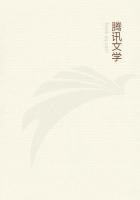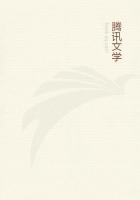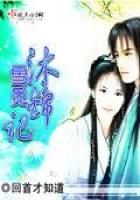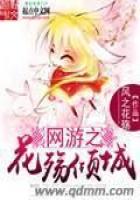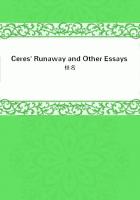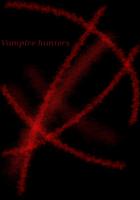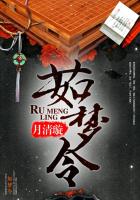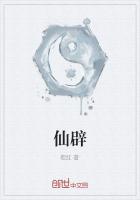We are told of the delight of the Japanese man in a chance finding of something strange-shaped, an asymmetry that has an accidental felicity, an interest. If he finds such a grace or disproportion--whatever the interest may be--in a stone or a twig that has caught his ambiguous eye at the roadside, he carries it to his home to place it in its irregularly happy place. Dickens seems to have had a like joy in things misshapen or strangely shapen, uncommon or grotesque. He saddled even his heroes--those heroes are, perhaps, his worst work, young men at once conventional and improbable--with whimsically ugly names; while his invented names are whimsically perfect: that of Vholes for the predatory silent man in black, and that of Tope for the cathedral verger. A suggestion of dark and vague flight in Vholes; something of old floors, something respectably furtive and musty, in Tope. In Dickens, the love of lurking, unusual things, human and inanimate--he wrote of his discoveries delightedly in his letters--was hypertrophied; and it has its part in the simplest and the most fantastic of his humours, especially those that are due to his child-like eyesight; let us read, for example, of the rooks that seemed to attend upon Dr.
Strong (late of Canterbury) in his Highgate garden, "as if they had been written to about him by the Canterbury rooks and were observing him closely in consequence"; and of Master Micawber, who had a remarkable head voice--"On looking at Master Micawber again I saw that he had a certain expression of face as if his voice were behind his eyebrows"; and of Joe in his Sunday clothes, "a scarecrow in good circumstances"; and of the cook's cousin in the Life Guards, with such long legs that "he looked like the afternoon shadow of somebody else"; and of Mrs. Markleham, "who stared more like a figure-head intended for a ship to be called the Astonishment, than anything else I can think of." But there is no reader who has not a thousand such exhilarating little sights in his memory of these pages. From the gently grotesque to the fantastic run Dickens's enchanted eyes, and in Quilp and Miss Mowcher he takes his joy in the extreme of deformity; and a spontaneous combustion was an accident much to his mind.
Dickens wrote for a world that either was exceedingly excitable and sentimental, or had the convention or tradition of great sentimental excitability. All his people, suddenly surprised, lose their presence of mind. Even when the surprise is not extraordinary their actions are wild. When Tom Pinch calls upon John Westlock in London, after no very long separation, John, welcoming him at breakfast, puts the rolls into his boots, and so forth. And this kind of distraction comes upon men and women everywhere in his books--distractions of laughter as well. All this seems artificial to-day, whereas Dickens in his best moments is the simplest, as he is the most vigilant, of men. But his public was as present to him as an actor's audience is to the actor, and I cannot think that this immediate response was good for his art. Assuredly he is not solitary. We should not wish him to be solitary as a poet is, but we may wish that now and again, even while standing applauded and acclaimed, he had appraised the applause more coolly and more justly, and within his inner mind.
Those critics who find what they call vulgarisms think they may safely go on to accuse Dickens of bad grammar. The truth is that his grammar is not only good but strong; it is far better in construction than Thackeray's, the ease of whose phrase sometimes exceeds and is slack. Lately, during the recent centenary time, a writer averred that Dickens "might not always be parsed," but that we loved him for his, etc., etc. Dickens's page is to be parsed as strictly as any man's. It is, apart from the matter of grammar, a wonderful thing that he, with his little education, should have so excellent a diction. In a letter that records his reluctance to work during a holiday, the word "wave" seems to me perfect:
"Imaginary butchers and bakers wave me to my desk." In his exquisite use of the word "establishment" in the following phrase, we find his own perfect sense of the use of words in his own day;but in the second quotation given there is a most beautiful sign of education. "Under the weight of my wicked secret" (the little boy Pip had succoured his convict with his brother-in-law's provisions)"I pondered whether the Church would be powerful enough to shield me . . if I divulged to that establishment." And this is the phrase that may remind us of the eighteenth-century writers of prose, and among those writers of none so readily as of Bolingbroke: it occurs in that passage of Esther's life in which, having lost her beauty, she resolves to forego a love unavowed. "There was nothing to be undone; no chain for him to drag or for me to break."If Dickens had had the education which he had not, his English could not have been better; but if he had had the usage du monde which as a young man he had not, there would have been a difference. He would not, for instance, have given us the preposterous scenes in Nicholas Nickleby in which parts are played by Lord Frederick Verisopht, Sir Mulberry Hawke, and their friends; the scene of the hero's luncheon at a restaurant and the dreadful description of the mirrors and other splendours would not have been written. It is a very little thing to forgive to him whom we have to thank for--well, not perhaps for the "housefull of friends" for the gift of whom a stranger, often quoted, once blessed him in the street; we may not wish for Mr. Feeder, or Major Bagstock, or Mrs. Chick, or Mrs.
Pipchin, or Mr. Augustus Moddle, or Mr. F.'s aunt, or Mr. Wopsle, or Mr. Pumblechook, as an inmate of our homes. Lack of knowledge of the polite world is, I say, a very little thing to forgive to him whom we thank most chiefly for showing us these interesting people just named as inmates of the comedy homes that are not ours. We thank him because they are comedy homes, and could not be ours or any man's; that is, we thank him for his admirable art.

